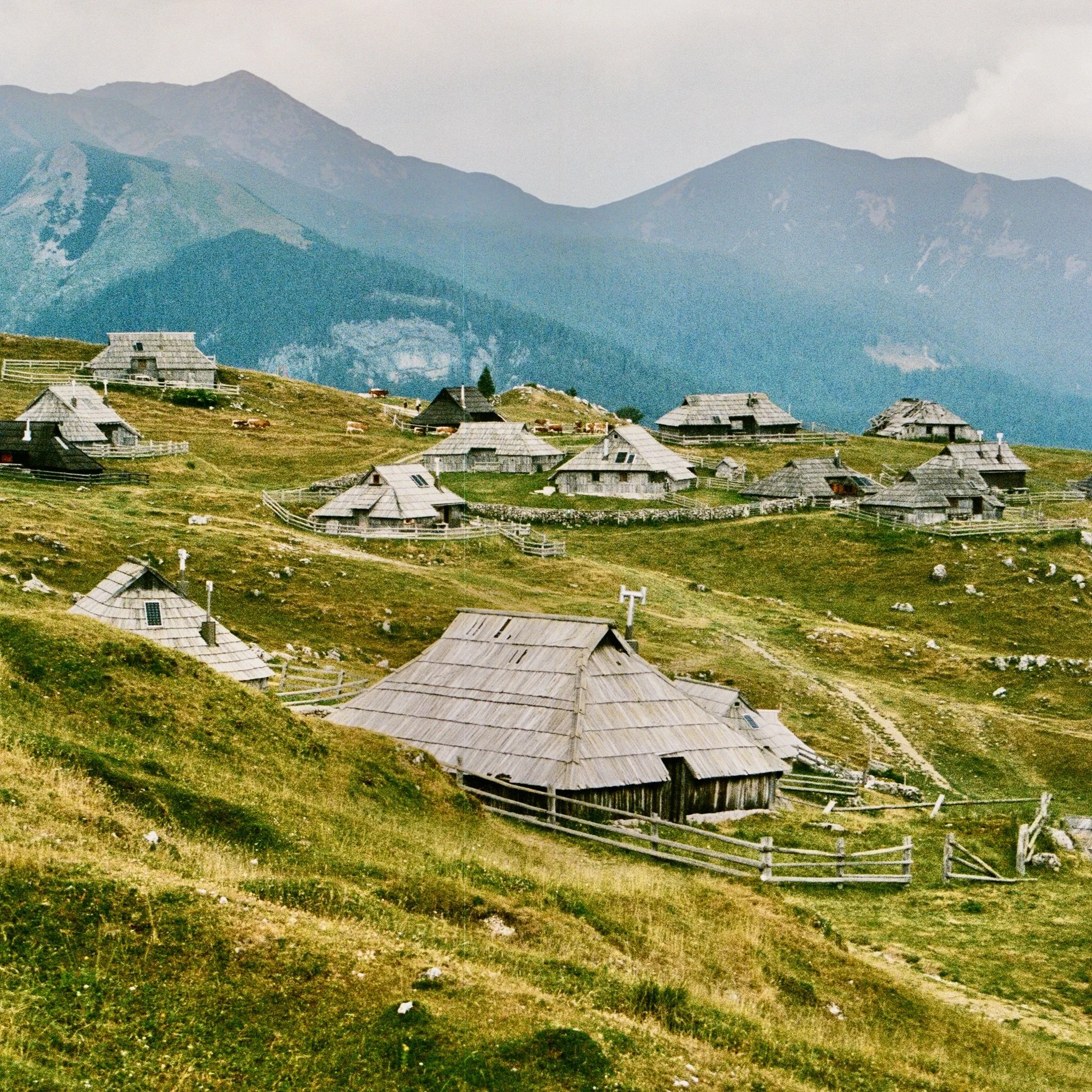build community like your life depends on it
Of course work and caregiving responsibilities are a consistent source of burnout. Increasingly, however, I’m finding that people are feeling burnt out by…well, everything. Horrifying images of starving children and war flood the news and social media. Climate disasters, the economy, and political instability loom large in our collective consciousness. Changes in government funding, immigration, and AI are having real-world impacts on people’s current employment and job prospects. Pile on whatever inevitable trials and tribulations are happening in our personal lives and, oh boy, the future feels a bit uncertain.
And while things may feel especially unpredictable right now, humans have understood for millennia that the only thing that is certain is uncertainty. Existentialists view uncertainty as an inherent and unavoidable part of the human condition. Buddhist thought centers around the concept of impermanence. Poet Robert Burns wrote, “The best laid plans of mice and men often go awry.” Questionable character Woody Allen paraphrased a Yiddish proverb when he quipped, “If you want to make God laugh, tell him about your plans.” Whether or not you believe in god or Woody Allen, it is widely known that we cannot predict the future.
When the future is uncertain, what can we depend on? A strong community.
Build a community like your life depends on it. Because it does. There is strong evidence that having social relationships improves your health. Well socially connected people are less likely to die from all causes, including heart disease. Socially isolated people are at an 29% increased risk for coronary heart disease and a 32% increased risk for stroke. The importance of social relationships in our lives is not woo woo, touchy feely, bull shit. It’s hard science.
Not only that, when shit hits the fan in your personal life and in natural disasters, who shows up? Your friends and neighbors. Not FEMA it would seem, based on this month’s floods in Texas. Adam Greenfield’s book, Lifehouse: Taking Care of Ourselves in a World on Fire, explores the power of local mutual aid networks to respond to the near-constant crises of climate disasters, pandemic, and social instability that characterize our current world. Greenfield highlights the incredible effectiveness of Occupy Sandy, a grassroots movement of about 60,000 volunteers that met the needs of their friends and neighbors during the 2012 devastating hurricane in New York.
So how do we build a strong community? We build community through having fun.
Have fun with your friends!
True fun, as defined by Catherine Price in her book, The Power of Fun: How to Feel Alive Again, is a combination of playfulness, flow, and connection. Having the shared experience of fun with another person strengthens our social bonds. An inside joke can create a sense of belonging and shared delight. Laughter relieves stress, enhances creativity, and fosters empathy and intimacy.
Have fun with strangers!
Relatively superficial relationships we have with people we see less frequently, e.g. coworkers, friends of friends, and people we encounter in the service industry, can make a significant impact in our lives. While sociologists refer to these relationships as “weak ties,” they have found that these relationships are important for our mental health, accessing information, generating opportunities, and contributing to overall social cohesion. So joke around with your favorite barista or bus driver. You never know how doing so may lead to a great new restaurant recommendation, an exciting romantic interest, or gainful employment opportunity.
Have fun while organzing around a cause!
There are so many causes to support, from your child’s PTA to the Palestinian genocide. Choose something that you think might offer some fun. Adrienne Maree Brown argues in her book, Pleasure Activism, that pleasure is a human need and a essential component of social justice work. Experiencing pleasure generally and in activist work helps individuals and communities heal and build resilience. Connecting with others over a shared mission also strengthens connections and helps us feel less helpless, hopeless, and alone.
Have fun with a hobby!
I’m a dance evangelist. My favorite form of dance is social dance, that is dancing with a partner for fun, not performance. I took up swing dancing about two and half years ago and it has changed my life. Not only does social dancing bring me joy, it offers a deep sense of community and belonging. I love the opportunity to physically, creatively, and emotionally connect with others through dance. However, if dancing is not your thing, no worries.
Choose a hobby that is interesting to you. Notice what sparks your curiosity or envy when you see other people doing it.
Be sure that your new hobby involves interacting with other people. It’s cool if you want to take up knitting but make sure you’re not just doing it in front of reruns of The Office. Join a stitch and bitch AKA a social knitting group.
Bonus points for choosing something that forces you out of your comfort zone. Notice what hobbies both fascinate and terrify you. That’s a great place to start!
Especially in the midst of burn out, it can be difficult to find the energy and motivation to have fun and socialize. I get that. Start small and celebrate your incremental successes in building connections. Consider sending this to a friend who you think might benefit from it and pat yourself on the back for reaching out for connection.


